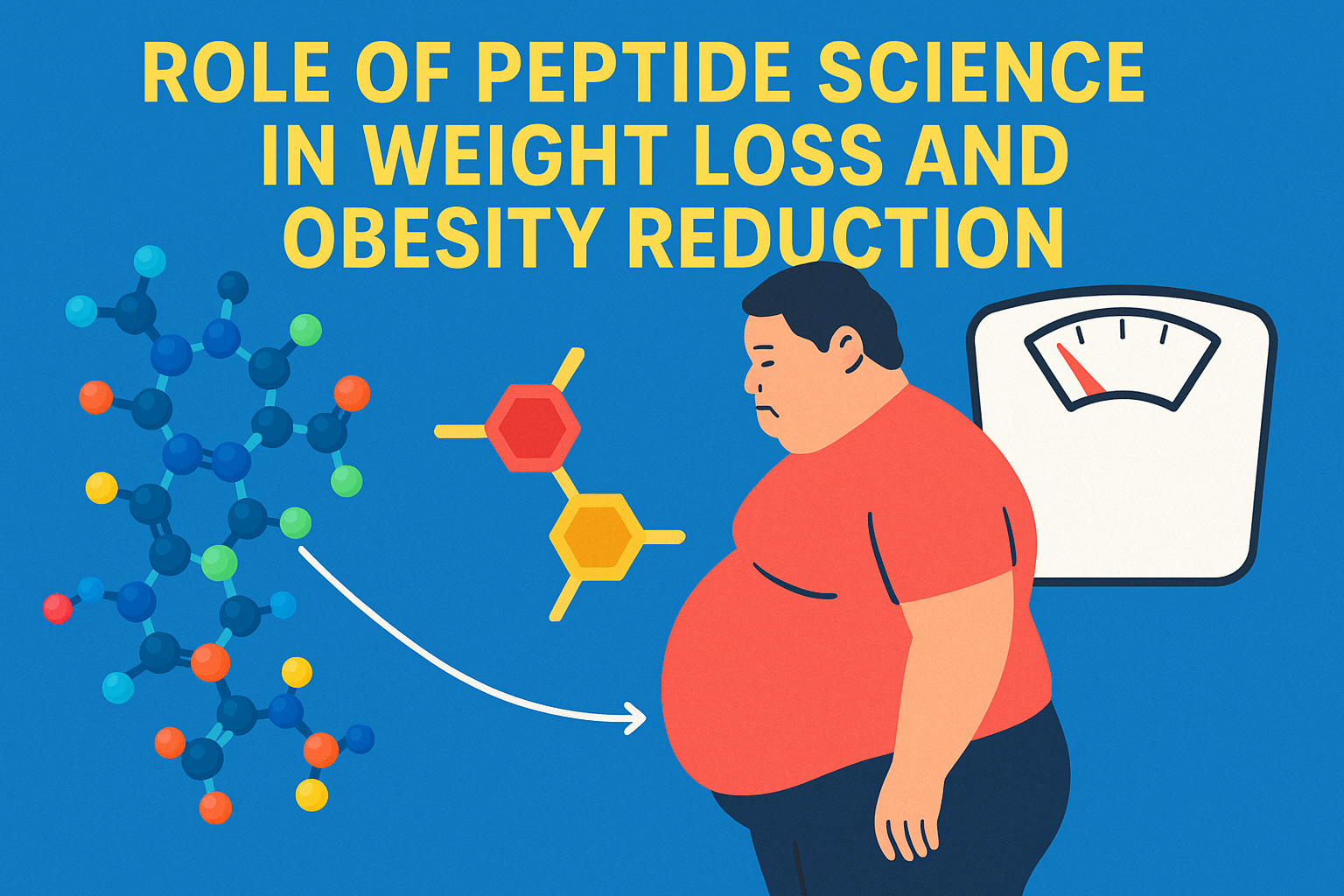The $1.5 Trillion Weight Loss Economy of 2030: A Breakdown of the Market Reshaping Health
By 2030, the global weight loss industry is projected to exceed $1.5 trillion, fueled by rising obesity rates, tech innovation, and a cultural shift toward personalized health. From AI-driven wearables to CRISPR gene editing, here’s how this booming market will transform wellness—and the key players leading the charge.
1. Pharmaceuticals and Biotech
Next-Gen GLP-1 Agonists:
- Tirzepatide (Eli Lilly) and retatrutide (triple-hormone agonist) dominate with 20–25% average weight loss.
- Oral formulations like orforglipron replace injectables, improving accessibility.
Personalized Therapies:
- Genetic testing identifies biomarkers (e.g., FTO gene variants) for tailored drug regimens.
- Combination drugs like CagriSema (GLP-1 + amylin) target multiple metabolic pathways.
OTC Supplements:
- Probiotics, fiber blends, and thermogenics (e.g., green tea extract) flood shelves.
2. Medical Devices and Tech
Wearables & AI:
- Smartwatches track glucose, ketones, and metabolism in real-time (NutriSense).
- AI coaches like Noom provide diet/exercise plans synced with EHRs.
Non-Invasive Fat Reduction:
- Cryolipolysis (CoolSculpting Elite), ultrasound cavitation, and laser tech redefine body contouring.
Implantables:
- Gastric balloons paired with GLP-1 delivery systems (e.g., Allurion Balloon).
3. Consumer Goods and Services
Meal Kits:
- Pre-portioned, AI-customized meals from Factor and Freshly.
Fitness Tech:
- VR workouts (Supernatural VR) and AI home gyms (Tonal).
Functional Foods:
- Appetite-suppressing snacks (e.g., Lay’s “Full Longer” chips) and protein shakes (Huel Black Edition).
Smart Kitchen Gadgets:
- AI scales scan food and calculate macros instantly.
4. Surgical and Clinical Interventions
Minimally Invasive Surgery:
- Robotic-assisted procedures (Da Vinci Xi) cut recovery time by 50%.
Gene Editing:
- CRISPR targets obesity-linked genes like MC4R (Vertex Pharmaceuticals).
Metabolic Clinics:
- Subscription-based hormone optimization and peptide therapy.
5. Digital Health and Apps
AI Coaching:
- Apps like Lose It! sync with wearables and EHRs for hyper-personalized plans.
Behavioral Health:
- CBT apps (Rise Up) tackle emotional eating.
Blockchain Accountability:
- Platforms reward users with crypto for hitting fitness goals.
6. Wellness and Lifestyle
Corporate Programs:
- Employers partner with Virta Health to slash obesity-related healthcare costs.
Medical Tourism:
- Affordable bariatric surgery packages in Mexico and Turkey.
Luxury Retreats:
- Detox resorts like SHA Wellness Clinic blend fasting, IV therapy, and mindfulness.
7. Regulatory and Ethical Shifts
FDA Crackdowns:
- Stricter oversight of unproven supplements (e.g., raspberry ketones).
Insurance Expansion:
- Medicare/Medicaid expand coverage for GLP-1 drugs and surgery.
Ethical Marketing Laws:
- Bans on influencer promotions of unregulated products.
8. Emerging Trends
Microbiome Modulation:
- Personalized probiotics (Viome) optimize gut health for weight loss.
Digital Twins:
- Virtual avatars simulate metabolic responses to diet changes.
Longevity Clinics:
- Target obesity as a root cause of aging diseases.
Market Enablers
- AI & Big Data: Predict at-risk populations via analytics.
- VC Funding: Surges in biotech (e.g., Flagship Pioneering) and digital health startups.
- Cultural Shifts: Body positivity coexists with health-focused lifestyles.
Challenges
- Cost Barriers: GLP-1 drugs priced at $1,000+/month limit access.
- Regulatory Hurdles: Lengthy approvals stall CRISPR and AI therapies.
- Misinformation: Social media fuels fad diets (e.g., “DIY Ozempic” trends).
Projected 2030 Market Leaders
| Sector | Key Players |
|---|---|
| Pharma | Novo Nordisk, Eli Lilly, Amgen |
| Tech | Apple (HealthKit), Google (Fitbit), Amazon |
| Retail | Walmart (Wellness Hub), Nestlé (Optifast) |
Conclusion
By 2030, the weight loss economy will hinge on personalization, tech integration, and prevention. From AI-guided diets to gene-editing therapies, the industry is poised to redefine global health—but affordability and ethical oversight remain critical hurdles.
References
McKinsey: Future of Weight Loss
CB Insights: Obesity Tech Trends



